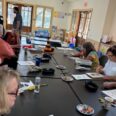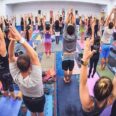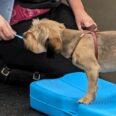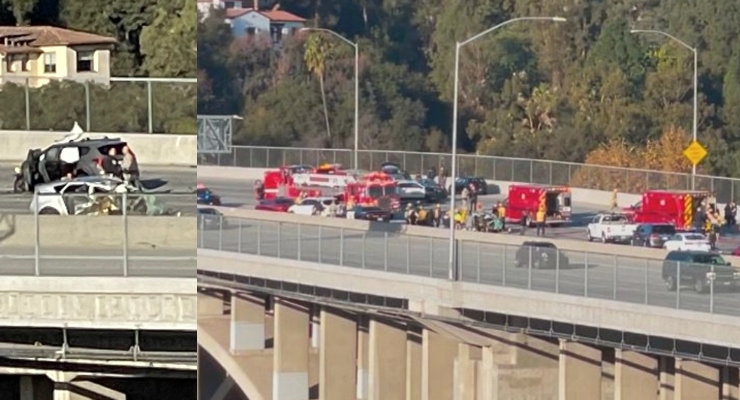In an important new study from  the American Journal of Kidney Disease, it was revealed that six out of ten Americans will develop kidney disease in their lifetime. In comparison, the risk for diabetes, heart attack, and invasive cancer is about four in ten.
Because of this, the National Kidney Foundation is calling all healthcare professionals to screen patients for kidney disease. Especially those in specific high-risk groups such as people aged 60 or older, those with high blood pressure, or diabetes. A simple urine albumin test added to annual physical examinations is a small addition, but can be a life-saver.
Dr. Beth Piraino, President of the National Kidney Foundation, says, “These new data show clearly that Americans are more likely than not to develop kidney disease, which – in its later stages – is physically devastating and financially overwhelming.â€
For those who are at risk, suffering from, or have a family member or friend who has kidney disease, on September 15 at 9:30 a.m., the National Kidney Foundation will hold its 4th annual L.A. Kidney Walk at the Rose Bowl. The event is held to call attention to the prevention of kidney disease and the need for organ donation. KCAL9 Anchorwoman Sylvia Lopez will be the emcee of the event.
LaMonte Reed, a kidney disease patient who will be present at the event this weekend, talks to us about his own experience with kidney disease. “Most of my life, I’ve dealt with kidney disease. As opposed to most, my kidneys were somehow compromised by a virus at the age of 12. Basically, I lived with that from age 12 up until now. In the last couple of years as I got older, [my] kidneys began to debilitate more. Actually, I went on dialysis two years ago,” says Reed.
Because of his dialysis, Reed’s life has drastically changed. He says “it’s been a challenge. My life has definitely changed and of course, I don’t have the liberty to do what I want to do and go out when I want. Because of the dialysis that I have three times a week which is about 13.5 hours where I have to be there in the chair.”
Though Reed’s case is rare, it highlights the need to have your kidneys checked regularly. “There’s no real sign to detect that you have failing kidneys. You won’t feel any pain physically,” says Reed. “The only [way] you can detect it is when you go to the doctor and get a physical.”
Piraino adds, “if caught early, the progression of kidney disease can be slowed with lifestyle changes and medications. This underscores the importance of annual screenings, especially within the at-risk population, to potentially prevent kidney disease and ensure every patient with kidney disease receives optimal care.â€
The study also pointed out that the lifetime risk of moderate kidney disease was 59.1%, while for moderate –severe kidney disease is at 33.6%. The lifetime risk for severe (stage 4) kidney disease is at 11.5% while end-stage kidney disease that requires dialysis or kidney transplantation is at 3.6%. Interesting to note, is that African–Americans are at a higher risk at 8%.
Though African–Americans are at a greater risk of developing more advanced disease and developing kidney disease earlier, overall the risk is highest among women due to their higher life expectancy.
Despite his struggles with the disease, Reed felt he could make a difference. “I feel fortunate and blessed that I am in place where I can do something in place where there hopelessness and a struggle. I really try to inspire people by sharing my story and emphasizing taking care of themselves through exercise and nutrition, as well as being part of a support system.â€
The main thing, according to Reed, “Whatever you’re doing prior to dialysis, you should try to do that at all costs because that routine of life really helps you cope with still being integrated in your daily activity, still being just like everybody else, not allowing yourself to let depression stand, not allowing you to sit back and do nothing and become inactive and begin to pity yourself.”
The National Kidney Foundation (NFK) is the leading organization in the U.S. that is dedicated to the awareness, prevention, and treatment of kidney disease for hundreds of thousands of healthcare professionals, millions of patients and their families, and tens of millions of Americans who are at risk.
To learn more or register for the NFK’s 4th annual L.A. Kidney Walk, visit http://www.kidney.org or call (818) 783-8153.














 0 comments
0 comments



